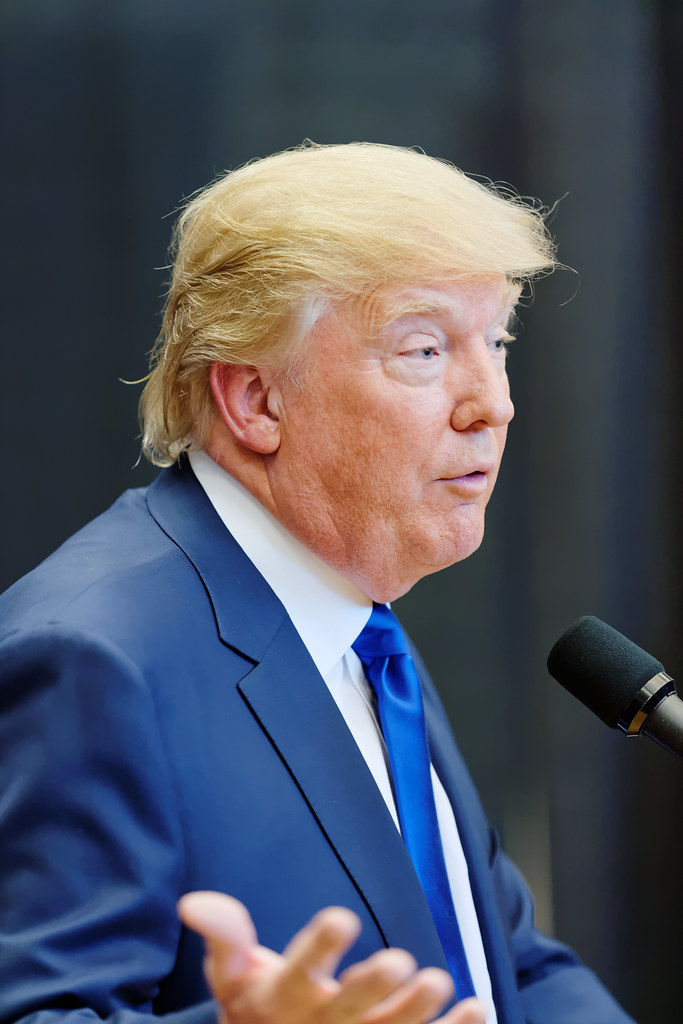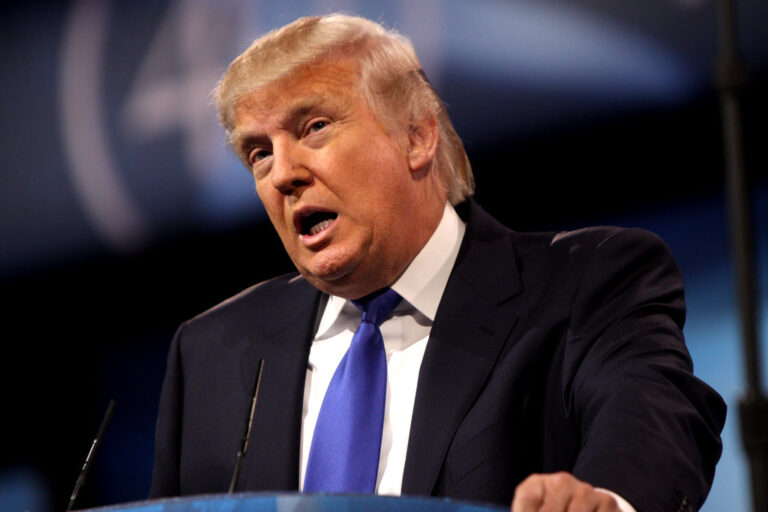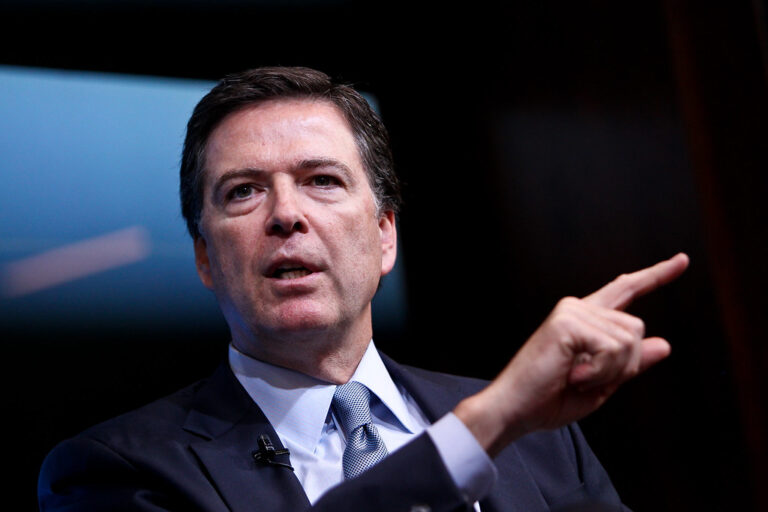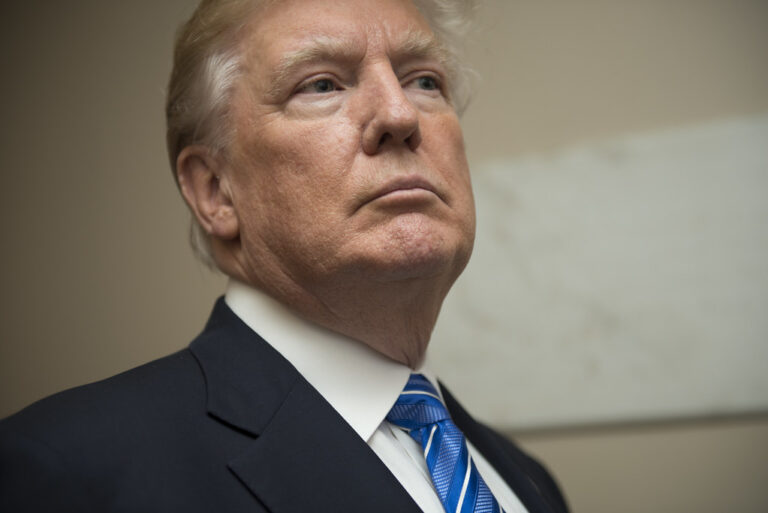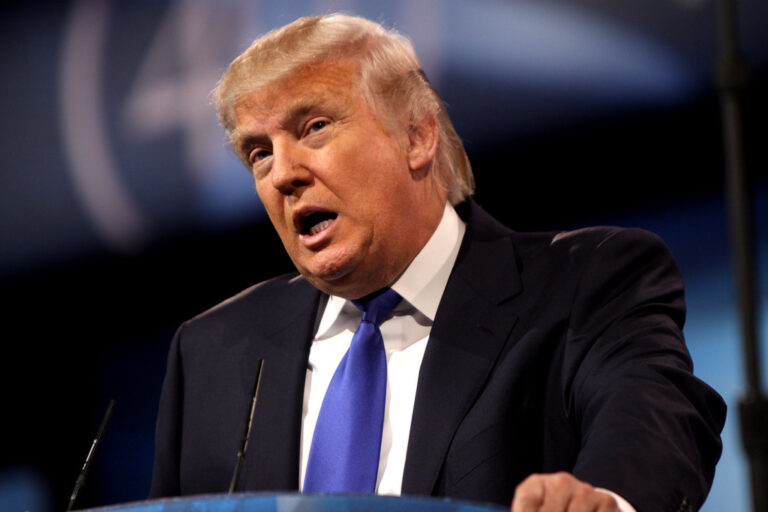Key Takeaways
• Former President Trump slammed James Comey on Truth Social after his indictment.
• Trump accused Comey of lying to Congress and called him a “dirty cop.”
• The charges were brought by new U.S. Attorney Lindsey Halligan.
• The case will be heard by a Biden-appointed judge, Michael Nachmanoff.
• Trump’s posts suggest more attacks on Comey and the justice system.
Trump’s Truth Social Attack on James Comey
Former President Donald Trump wasted no time reacting to James Comey’s indictment. He used his own social media site, Truth Social, to lash out. Before heading off to a day of golf, Trump accused Comey of lying. He even urged authorities to bring charges against him. Trump claimed the lie was simple yet crucial. He insisted Comey could not explain his words away.
Moreover, Trump reminded followers that the judge in the case was appointed by President Biden. He called the judge “crooked” and labeled Comey a “dirty cop.” Trump wrote that Comey left himself no room for error. He said the former FBI chief was “caught” in a major lie. Later, Trump added more harsh words, claiming Comey destroyed lives. He demanded that Comey pay a “very big price.”
Why James Comey Faces Charges
The indictment of James Comey stems from allegations that he lied under oath. Prosecutors claim he gave false testimony before Congress. According to Trump, this lie mattered a great deal. He suggested that any false answer to Congress is a serious offense. Lindsey Halligan, the new U.S. Attorney, brought the charges late Thursday. She followed through after the previous attorney declined to pursue the case.
Furthermore, Trump had urged Attorney General Pam Bondi to act. He used Truth Social to press her before. Then, he cheered the indictment once it happened. He framed it as justice finally catching up to Comey. Nevertheless, legal experts say indictments can face challenges. Comey’s team may file motions to dismiss or delay the case. They might argue the evidence is weak or that the statute of limitations passed.
The Role of Judge Michael Nachmanoff
Judge Michael Nachmanoff will oversee the case against James Comey. He was appointed to the federal bench by President Biden. Trump wasted no time pointing this out. He said the assignment gave Comey a head start in his favor. However, judges are bound by law, not politics. Therefore, Nachmanoff must remain impartial.
In fact, federal judges handle cases based on rules and statutes. They do not decide based on party affiliation. Nonetheless, Trump used the appointment to raise doubts. He claimed Comey could not get a fair trial. He referred to the judge as “Crooked Joe Biden appointed.” However, legal watchers expect the judge to follow standard procedures. He will hear motions, manage discovery, and hold any trial if needed.
What’s Next for James Comey
James Comey now faces a legal battle. First, his attorneys will review the indictment. Then, they may seek to dismiss it on technical grounds. If that fails, they will prepare for trial. The process could stretch out over months or years. Meanwhile, Comey likely remains free on his own recognizance. Conditions may include restrictions on speech or travel.
Moreover, Comey’s public image is at stake. He once led the FBI through major investigations. Now, he stands accused of lying to Congress. His defenders argue he acted in good faith. They say any error was unintentional. They also note that high-profile witnesses sometimes make mistakes. However, the charges suggest prosecutors see a clear case.
Political Impact and Reactions
This indictment and Trump’s fierce response have stirred political tensions. Supporters of Trump hail the indictment as long-awaited accountability. They see Comey as part of a corrupt system. On the other hand, many Democrats and moderate observers fear the charges are political. They argue Trump is weaponizing the justice system.
Furthermore, other former officials may watch closely. If charges stick, it could set a precedent. It might encourage prosecutors to target other ex-officials. Conversely, if Comey prevails, it may warn against politically motivated indictments. In any case, the nation’s divisions over justice and politics will deepen.
How Truth Social Amplified the Message
Truth Social has become Trump’s megaphone. He regularly uses it to shape news cycles. In this instance, he posted multiple times within minutes. He repeated his message: “James Comey is a dirty cop. Make America Great Again!” These posts drove headlines on mainstream sites. They also rallied his base online.
More importantly, his use of Truth Social bypasses traditional media filters. He can frame issues in his own words. This direct approach influences public opinion. It also pressures authorities, who may face calls to act. As a result, social media fuels the legal and political drama around Comey.
Understanding the Charges Against James Comey
Lying to Congress is a serious federal crime. It carries up to five years in prison. The charge requires proof that the defendant knowingly lied. Prosecutors must show Comey understood he was giving false testimony. Then, they must link that falsehood to a material fact. Material means the lie could influence Congress’s actions.
Comey’s indictment likely focuses on a specific hearing or document. The complaint may cite transcripts and witness accounts. Comey’s lawyers will analyze every word. They will argue the context matters. They may also question the credibility of prosecutors’ sources. In fact, pretrial battles often hinge on such details.
Implications for Future FBI Leaders
This case could reshape how FBI chiefs testify. If a former director faces charges for his testimony, future leaders may be more cautious. They might stick strictly to written statements. They could avoid off-the-cuff remarks. While transparency is vital, the risk of indictment may encourage more guarded answers.
In addition, the FBI’s relationship with Congress could change. Lawmakers expect honest information. Yet, they may now demand detailed transcripts. They might also record every session to prevent disputes. Ultimately, accountability is key. However, fear of legal repercussions might hamper frank discussions.
What This Means for U.S. Politics
The clash between Trump and Comey feeds a larger narrative. It highlights trust in institutions. It also shows how legal actions can become political battles. Trump will likely use the indictment to rally supporters. He will argue the system remains stacked against him. Meanwhile, critics will see it as a dangerous precedent.
Going forward, both sides may escalate. More indictments could follow, targeting allies of each party. This tit-for-tat could erode faith in justice. Yet, it could also push lawmakers to reform how investigations work. They might set clearer rules for congressional testimony. Either way, the spotlight on James Comey’s case may spark broader debates.
Frequently Asked Questions
What are the exact charges against James Comey?
He faces two counts of lying to Congress. Prosecutors allege he knowingly gave false testimony.
Can James Comey avoid trial?
Possibly. His lawyers may file motions to dismiss the case on technical or legal grounds.
Who is Judge Michael Nachmanoff?
He is a U.S. District Judge appointed by President Biden. He will oversee the case impartially.
How did Truth Social influence this story?
Trump used it to bypass traditional media and push his message directly to followers.

